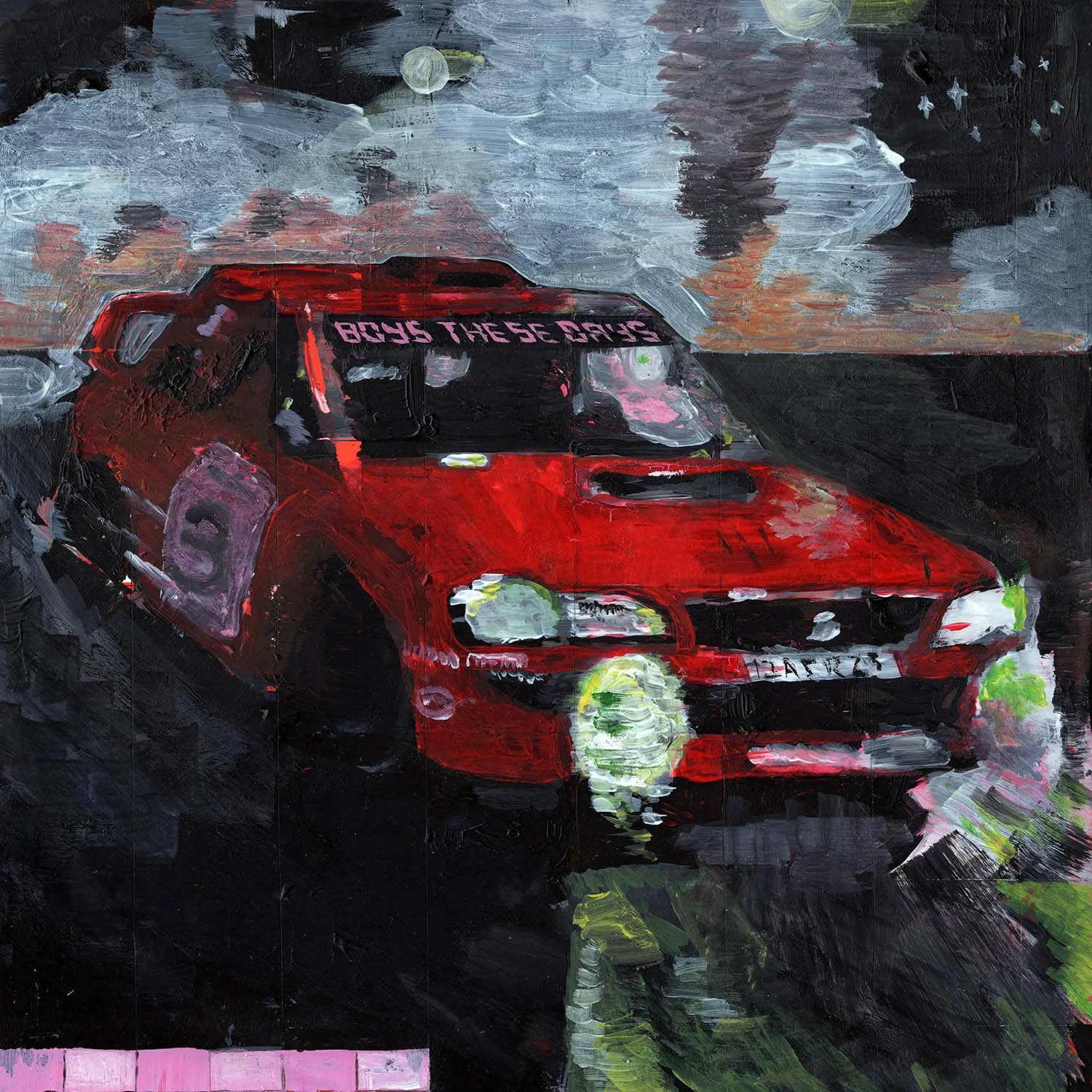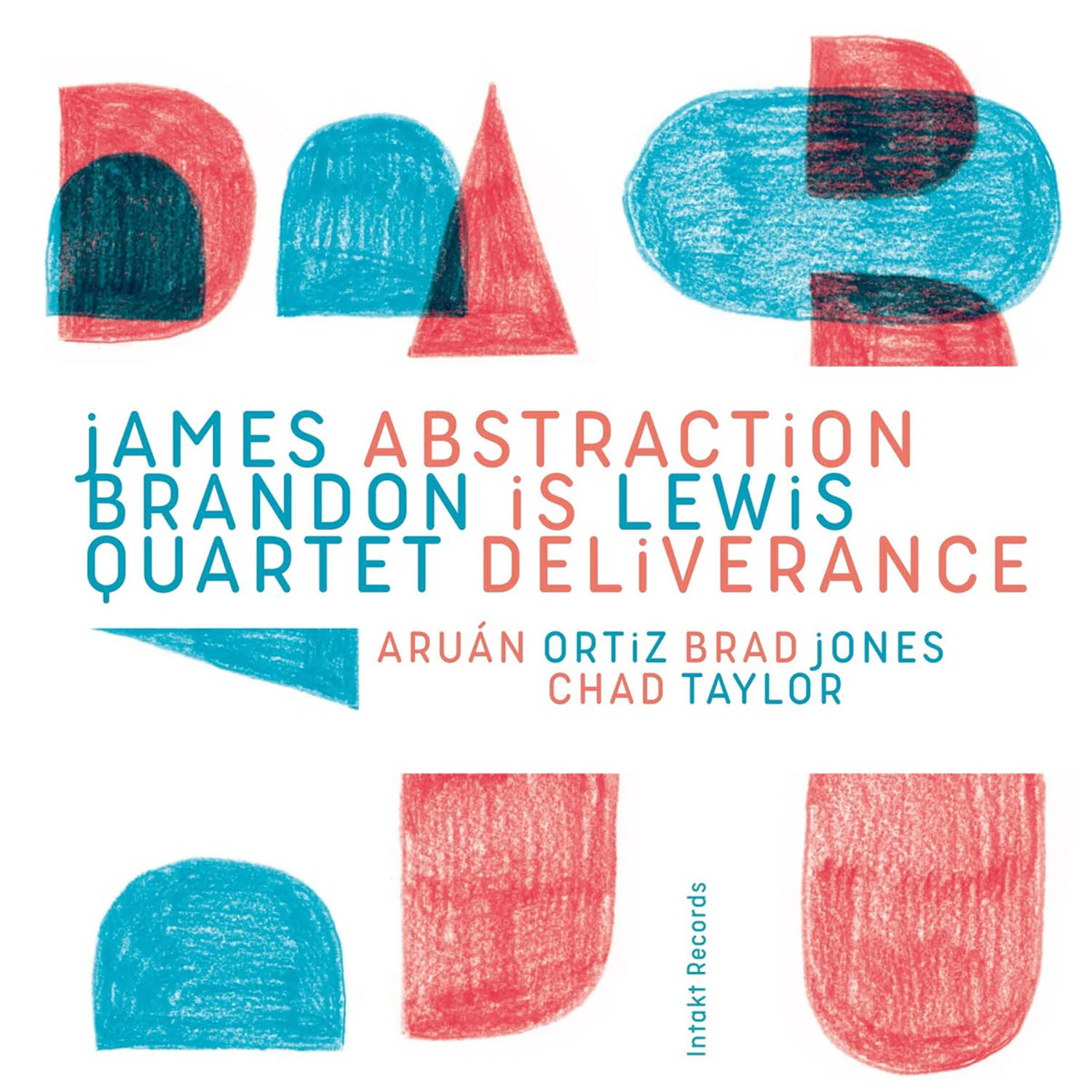Lido Pimienta
La Belleza
(Anti-)
Lido Pimienta’s breakthrough album, 2020’s Miss Colombia, confirmed the Colombian Canadian Polaris prize-winning singer as an artist blending her complex background with contemporary politics and a wide-open approach to sound, like Björk crossed with Rosalía. “Industrial reggaeton” is how Pimienta slyly described that record’s vibe, which layered synths, Colombian cumbia rhythms and brass. It was a knockout.
The follow-up, La Belleza (Beauty), is something else again. Pimienta is an artist both playful and serious; here, she leans towards the austere, amplifying sounds from the European classical tradition. Arranger Owen Pallett is on board, helping to muster the strings and brass of the Medellín Philharmonic and liturgical chanting – in great part to wave two fingers at the knee-jerk tendency to file the Spanish-language work of a woman of indigenous and Black heritage under “world” music. (Pointedly, the album’s overture is titled Overturn.)
Beats are dialled down this time – a shaker here, some sneaky percussion there. El Dembow del Tiempo slows reggaeton’s dembow beat right down and gilds it with flute, horns and Pimienta’s own swooping voice. That extraordinary instrument is centre stage on Mango, one of a handful of tracks that take passion as their subject. Kitty Empire

Stereolab
Instant Holograms on Metal Film
(Duophonic UHF Disks/Warp)
An anachronism when they appeared at the dawn of the 1990s, just in time for Britpop’s cultural stasis, Stereolab’s future-facing blend of Krautrock, tropicália, pop, indie and yé-yé, with situationist-inspired lyrics that doubled as critiques of late-stage capitalism, has aged far better than the work of most of their peers. Their first new material since 2010’s Not Music finds core duo Tim Gane and Laetitia Sadier ably backed by their post-2019 reformation touring lineup, with Bitchin’ Bajas’ Cooper Crain on expansive production duties.
It doesn’t disappoint, reprising their old trick of sounding at once thought-provoking and light on the ear. Melodie Is a Wound’s easy-listening outer shell conceals lyrics concerning the oppressive machineries of state, before dissidence blends into dissonance as it becomes progressively more discordant. The seemingly unassuming Colour Television contains the bitter payoff “A deluding promise of a middle class for all”, and the sublime instrumental Electrified Teenybop! channels Giorgio Moroder; Esemplastic Creeping Eruption overflows with ideas as well as indicating that they haven’t lost their knack for winning song titles. A very welcome return. Phil Mongredien

Sports Team
Boys These Days
(Distiller)
If you can make poetry out of the prosaic in pop, you’ll never be poor. English sextet Sports Team have never written something as successfully relatable as, say, Lola Young’s Messy, but their pivot to a brassy, saxy big sound with lyrics such as “now it’s all vapes and porn” suggests that they’d like to. Their first two albums offered standard indie fare, evoking the mid-00s millennial teen era of anonymous mononyms making spiky post-punk via gamey vocals and noisy guitars. In comparison, Boys These Days is spiky as a whoopee cushion.
Sometimes that’s fine. Bang Bang Bang is thumping fun. Satisfyingly snarling, swaggering Bonnie melds their past and future selves perfectly. I’m in Love (Subaru) is a catchy yacht rock track marrying early Prefab Sprout music and Pulp-like words. Yet even when the band are being heartfelt, singer Alex Rice’s effortful croon is too often winking at the fourth wall. It’s as if they’re aware that some songs need guilelessness or bathos but haven’t quite worked out how to perform either. Much of the album teeters into inauthenticity as a result. Damien Morris
Newsletters
Choose the newsletters you want to receive
View more
For information about how The Observer protects your data, read our Privacy Policy

James Brandon Lewis
Abstraction Is Deliverance
(Intakt)
Even by the eclectic standards of today’s jazz, New York tenor saxophonist James Brandon Lewis has proved a restless, innovative force. The 15 records he has delivered over the past decade include post-bop, nods to funk and hip-hop, a torrential free jazz salute to Ornette Coleman, a tribute album to gospel queen Mahalia Jackson and another dedicated to agricultural pioneer George Washington Carver, Jesup Wagon (2021), which became a DownBeat album of the year. The enigmatically titled Abstraction Is Deliverance is the fifth outing for his quartet, with Lewis again supported by Chad Taylor (drums), Brad Jones (bass) and pianist Aruán Ortiz. It finds him on impressive form, his timbre mellow.
Rarely has Lewis been as ruminative as on the four minutes of Multicellular Beings, his agility needing only the scantiest support from the group. The biblically inspired Even the Sparrow (Psalm 84:3), and Per 7 have a similarly placid air and some outstanding playing by Ortiz. Elsewhere, the mood picks up, opener Ware arriving with steely intent, while the title cut is fierce, the only time Lewis cuts loose into a flurry of squeals. Otherwise, it’s searching and elegant. Neil Spencer


